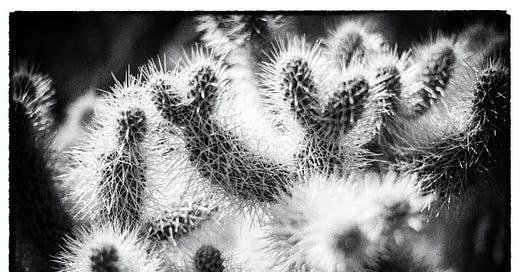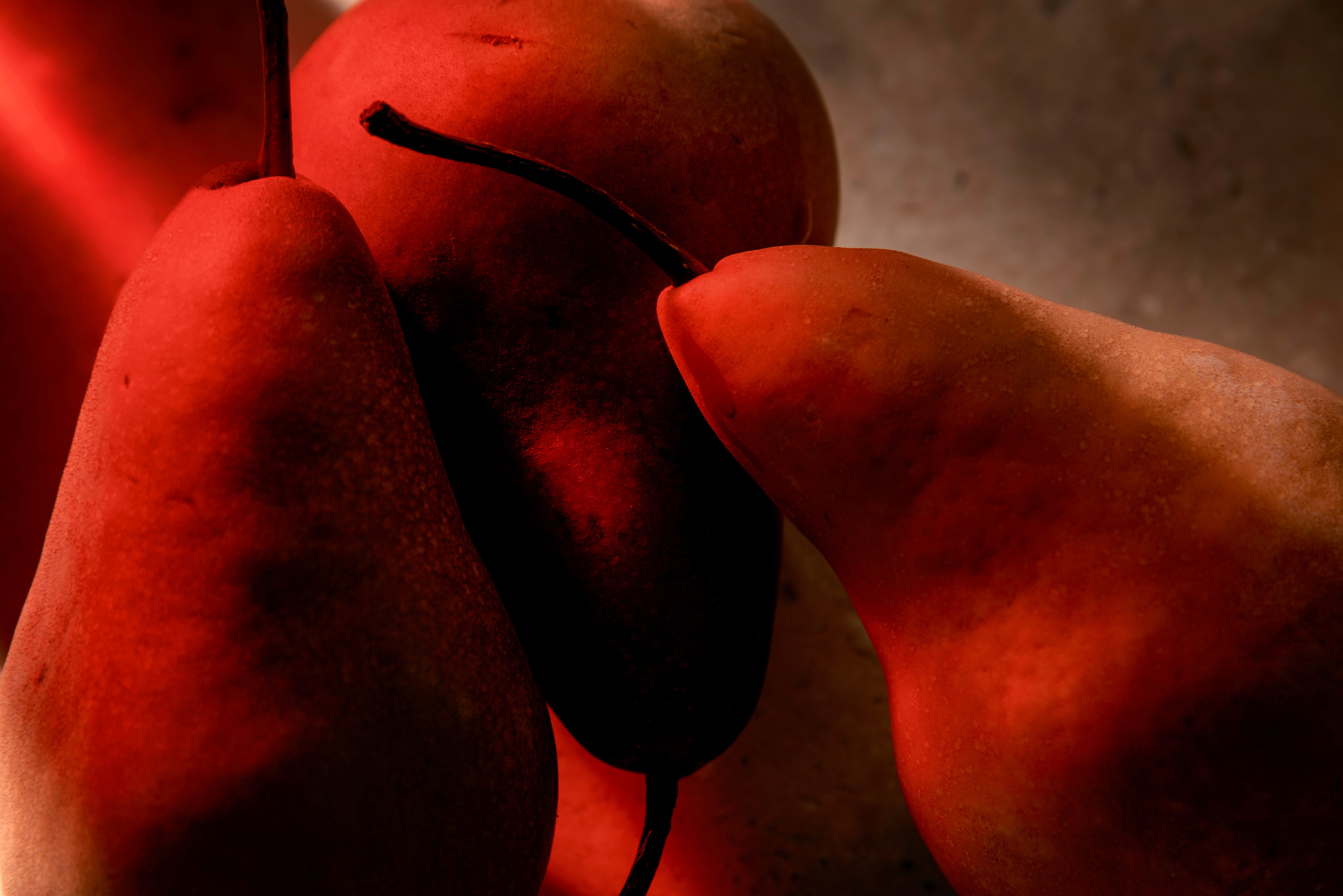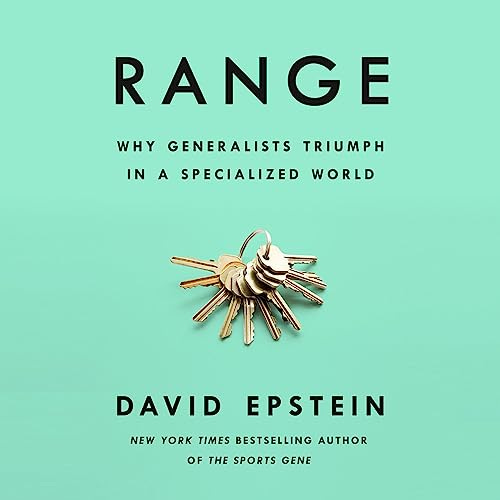Should You Specialize?
Or, maybe I should I ask, should you hyper-specialize?
I just had this conversation with one of my one-on-one mentees.
She wanted to know how far she should niche down.
Niching like this: Tabletop Photography > Food > Beverage > Cocktails…
Where would it end?
And would it be sustainable in a smaller market than NYC?
I don’t think so.
In NYC, you could shoot food with natural light on an 8x10 camera and make a nice living.
In Seattle, Albuquerque, Minneapolis… naw, brother… There aren’t enough of those jobs to sustain you.
I think this way: Three Buckets.
Food | Still Life | Lifestyle Products
Travel | Landscape | Portraits
Lifestyle | Adventure | Environments
Yes, you can have a specialty you are really good at, but make sure you are better than just good at two more.
Any more than that… put them in the one-offs category of “Personal Projects.”
And going wider doesn’t just mean what we shoot.
It also means the other things we do that we are passionate about.
For me, it is long-distance motorcycle riding, although it has been a minute.
For some of my friends, it is backpacking, trail biking, running, painting, sculpting, writing, and playing in a band. S’all good.
BTW, here’s a photo of some pears. You’re welcome.
In his book, Range: Why Generalists Triumph in a Specialized World, David Epstein challenges a commonly held belief that being the idea that hyper-specialization is the key to success.
You know, the notion that you need to focus on a single field, drill down on it from an early age, and dedicate your life to mastering it, like how Mozart started playing piano as a toddler, or how Tiger Woods was swinging a golf club before he could barely walk.
But wait! Epstein says, "Hold your horses."
The reality, according to his research, is often quite the opposite. In many fields, it's actually generalists, not specialists, who end up reaching the top, who make the most significant impacts, and who enjoy the most rewarding careers.
Why is that, you ask?
Well, Epstein argues that in most areas of modern life - whether it's business, science, education, or even sports - the most successful individuals often have a broad range of experiences and knowledge that they can draw from.
They've tried many things, dabbled in different disciplines, experienced both successes and failures, and they've learned how to adapt and integrate their diverse skills and experiences into whatever challenges they face.
So, instead of starting hyper-focused training in childhood, successful people often go through what Epstein calls a "sampling period." They experiment with different areas, learn from a variety of fields, and then apply this wide-ranging knowledge in unique and innovative ways.
Epstein supports his argument with examples from a variety of fields - from musicians who didn't pick up their instruments until later in life, to scientists who made groundbreaking discoveries in areas outside their primary field of study. The book is filled with stories and case studies that really make you rethink the value of being a jack-of-all-trades.
When you look at so many of the well-known, and best photographers you will find concert-level musicians, painters, writers, adventure motorcycle riders, and paragliders - far too many passions to take in.
And you will discover photographers who are known for their still life are also avid landscape photographers or engaging portrait shooters.
I believe Epstein's "Range" serves as a powerful reminder that it's not only okay to wander and explore different interests, but it can also be a major advantage in our increasingly complex and interconnected world. It's a refreshing, well-researched antidote to the pressure of early specialization, offering compelling evidence that having range can indeed help you triumph.
Pick up a copy at Amazon.
This leads me to my newest adventure:
Expanding Our Range as Photographers.
The Creative Class is my new obsession, and I am very excited about it.
The world of commercial photography has changed a lot, and I have been tracking where it is leading for the past three years.
I made changes to Project 52 along the way in an effort to meet the new challenges, but I kept having this recurring vision of a new way of working in this craft.
One that wasn’t dependent on spending hours and hours on social media, promotion as a full-time gig, trying to make clients understand what it is that we do, the hell of bidding the same crap again and again, fighting for payments, and watching clients go in different directions.
Before I go any further, I will reiterate that it is a fantastic time to be a photographer. Best ever, for sure.
But we must address the expanding demands of clients who need what we do.
Imagine you land a retail client that needs to keep their inventory photographed monthly for their online and brick-and-mortar catalogs.
You bid on the job every month.
How many items?
How long will it take?
What are the deliverables?
And one day they come to you and tell you that they have hired someone else because they make photographs as well as handle their email campaign.
Why can’t that be you, you wonder?
It can. You have to add to your ‘range’.
One of my friends was asked to add a 2-minute (drone video) to the bid. He reported that he did not have or use a drone. They hired someone else and he lost a $12K gig.
This was a slam dunk for someone thinking like a solution provider, but a problem for a ‘photographer’.
Let’s say you are working with a client who is expanding their business and asks you for help with a logo, or branding, or a label for their new Smokehouse BBQ Sauce.
Would you say, “I am not a graphic designer, I only make photographs.”
Or would you say, “Hell, ya, I can do that for ya!”
And you can.
Photographers are already designers with their framing and composition. We know color, patterns, shapes, depth, and space.
We need to expand a little into typography and layout, but folks, listen, it isn’t rocket surgery. And today, it is almost automatic.
And what if we could build a business that kept cash rolling in without constant bidding, rebidding, fighting for pennies, and constantly facing competition who will forever lower the fees we can demand?
The Creative Class is the answer.
A brief introduction:
26 weeks.
26 lessons and assignments.
26 Portfolio pieces that will elevate your skills.
You will know how to:
Build a website in Webflow or SquareSpace.
Design a promo piece for yourself - and for clients.
Set up and maintain your email campaigns - and be able to do the same thing for your clients.
Create a powerful portfolio with stills, motion, and advertising samples.
Understand Branding and how to apply it to yourself and your clients.
A private cohort for one year.
Follow up after the class with monthly check-in calls for questions and celebrations.
You will become a monster of visual solutions.
And we will focus tightly on a new way of doing business. One that puts consistent money into your business each month. Finding clients willing to do this is far easier than most people realize. And it is already working for designers and writers all over the world.
Four clients paying you $2500 each per month is a game changer and can give you the base level - and steady - income you need to live and grow your business.
And gives you a lot more time to do the photography - or long distance motorcycle rides - that you love.
The class will be offered in two tiers:
Take it on your own: access to all classes, media, and recorded meetings.
Take it with the cohort: Live weekly meetings, discussions, a private cohort group, and special videos / audios created just for you.
In addition, we will be meeting photographers, designers, and ad people from all over to discuss how they see the market changing - and what we can do to be ready.
Additional goodies every week include articles to motivate you, videos, and audio files to keep you up-to-date when you are on the move.
IN SHORT.
I want you to thrive as a photographer. I want you to do better than just ‘get by’. I want you to have the greatest career imaginable. And I know, I really know, this is possible.
I will be talking a lot about the Creative Class in the coming weeks. The website will go live on August 1, 2023, we will begin early enrollment on August 15 (special promotions and prices for early enrollment).
We begin the Live Cohort on Wednesday, October 4, 2023, with our first class.
The Live Cohort is limited to 12 people.
The “Take it on your own” has no enrollment limitations. If you sign up for this one and decide you want to join the live cohort, I will credit you 50% of what you paid toward the Live Cohort fee.
I am really excited about this, and watching it work for a few photographers I am mentoring makes it even more exciting.
OK, as always, thanks so much for being a subscriber. It means a lot to me.
Oh, that reminds me.
I have just put up my One-On-One Mentorship Offer page. If you are interested in really jumpstarting your business, this may be for you. The price of $3500 is only for this year’s enrollees. It goes up in 2024. I only have two openings at this time.
I’ve never had a real offer page before, so it is a bit weird. I am working on a shorter one I will title “Hey, Don, I don’t have time to read this, just give it to me straight.”
Or somethin’.
See ya’ll soon.








This is great. I've spent a lot of time thinking about generalism vs. specialism in my own career, and asking my fellow photographers how they deal with it. I don't recall who first shared this idea with me, but I've always liked it: shoot a wide variety of things, but only show (i.e. market) your specialty. This has definitely helped with pricing power, but one downside is you do start to narrow the variety of assignments you get—an unintended consequence of "specialism" that can make things less interesting.
Good stuff! I will check out that book. Love the red pears.